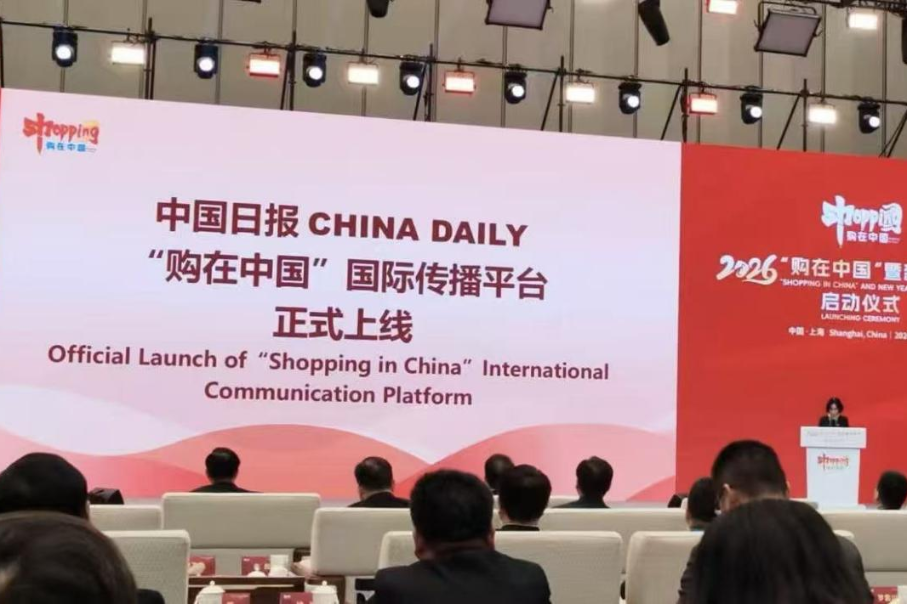Milestones passed, but yuan has a long way to go

Three major developments this month have once again indicated that the renminbi is now well on its way to becoming a global currency.
On Oct 8, the Society for Worldwide Interbank Financial Telecommunication, better known as SWIFT, said the yuan was the eighth most traded currency in the world in August, with a market share of 1.49 percent. From January 2012 to August, foreign exchange denominated in the yuan increased 113 percent and the Chinese currency overtook the Swedish krona, the South Korean won and the Russian ruble.
Two days later, the European Central Bank and the People's Bank of China signed a currency swap deal worth 350 billion yuan ($57 billion), the largest China has done with a foreign central bank outside Asia. This deal is the European Union's strong vote of confidence in the yuan.
A day after the deal, Premier Li Keqiang announced that China would "actively" consider the establishing a yuan-clearing center in Thailand. If such a center is set up, most likely in Bangkok, Thailand will follow Hong Kong, Macao, Taiwan, Malaysia, Singapore and Luxembourg as an offshore yuan-trading hub. This will give Bangkok a head start over other cities that have shown interest in becoming yuan-trading centers, such as Dubai, London, Frankfurt, Paris and Sydney.
There is no doubt that the yuan's international influence is growing, to some extent, rapidly.
But we must remain cool-headed about the yuan's success story, so that we don't go over the top to blindly pursue an international status that does not match the real strength of the yuan and the Chinese economy.
First of all, the global share of the yuan is nothing but small, as SWIFT figures have shown. Despite its improvement in the past years, the yuan has no strength to challenge the three major currencies, namely the US dollar, the euro and the yen.
Second, most of the foreign countries do not really use the currency swaps they signed with China. So far, 23 countries and regions have entered into swap deals totaling 2.57 trillion yuan, but in the first half of this year, only 9.32 billion of it was used. This shows that most of the swap deals remain symbolic.
Third, as a trade settlement currency, the yuan's role has not met expectations.
One of the reasons to internationalize the yuan is to help Chinese traders avoid foreign exchange risks. It is supposed that if a currency becomes a trade settlement unit, traders of the currency issuing country could well avoid foreign exchange fluctuations, as reflected in the case of US traders.
The yuan is used in more than 10 percent of the mainland's import and export deals. But according to surveys, in about one-third of the trade contracts in yuan, Chinese traders agree to shoulder all foreign exchange losses. This happens mainly because the yuan is often used when Chinese import goods, but not used in export deals. That means the yuan is a crippled trade settlement currency that fails to totally cushion Chinese traders from risks.
Last but not the least, the yuan's global lure comes mostly from its appreciating trend.
Many overseas traders and investors tend to hold the yuan as a speculative tool, not as an investment or trade medium. As China's capital account controls stay and the yuan is not fully convertible, foreigners find few channels to spend their yuan portfolio in real industries.
As the currency is not the medium of industrial investment, overseas yuan holders will reduce their yuan assets if the currency's appreciating trend slows or reverses. In that case, the yuan will quickly lose the ground it now has.
In this sense, a pursuit of yuan globalization should not go beyond the currency's current strength. What is needed is to improve China's financial systems such as interest rate and foreign exchange reforms and facilitate private companies to invest overseas.
Only after Chinese investors and consumers spread across the world and they use the yuan freely in and out of China, can the currency become truly international.
The authors are financial analysts in Shanghai. The views do not necessarily reflect those of China Daily.
(China Daily Africa Weekly 10/18/2013 page10)
Today's Top News
- US military action in Venezuela tramples over international law
- National railways carry 4.255b passenger trips in 2025
- Chinese capital declares major victory against air pollution
- US' seizure of Maduro has no legal basis
- US faces domestic criticism over military operation in Venezuela
- Captured Maduro, wife arrive in New York by plane





























